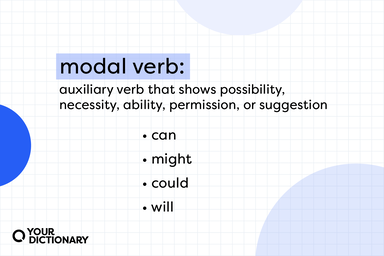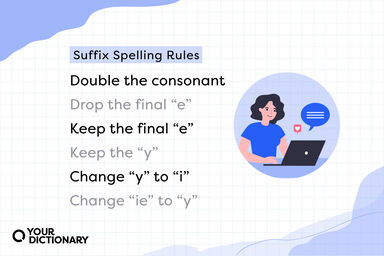Able Definition
An adjectival suffix; forms adjectives meaning:
(obsolete) To make capable; to enable. [Attested from around (1350 to 1470) until the late 19th century.]
Other Word Forms of Able
Adjective
Origin of Able
-
From Middle English, from Old Northern French able, variant of Old French abile, habile, from Latin habilis (“easily managed, held, or handled; apt; skillful”), from habeō (“have, hold”).
From Wiktionary
Replaced native Old English -bÇ£re (“bearing, making, worth"), from Proto-Germanic *bÄ“riz, *bÄ“rijaz; and -lic (“like, having the quality of"), from Proto-Germanic *-lÄ«kaz.
From Wiktionary
-
From Middle English, from Old French, from Latin -ābilis, from -a- or -i- + bilis (“capable or worthy of being acted upon").
From Wiktionary
Middle English from Old French from Latin -ābilis, -ibilis -ā- -i- thematic vowels -bilis adj. suff.
From American Heritage Dictionary of the English Language, 5th Edition
-
Middle English from Old French from Latin habilis from habēre to handle ghabh- in Indo-European roots
From American Heritage Dictionary of the English Language, 5th Edition
Not closely related etymologically, though currently related semantically, to able.
From Wiktionary
-
From Middle English ablen, from Middle English able (adjective).
From Wiktionary
Compare German -bar, Dutch -baar.
From Wiktionary
ME < OFr < L -abilis
From Webster's New World College Dictionary, 5th Edition
Related Articles
Able Is Also Mentioned In
Find Similar Words
Find similar words to able using the buttons below.





